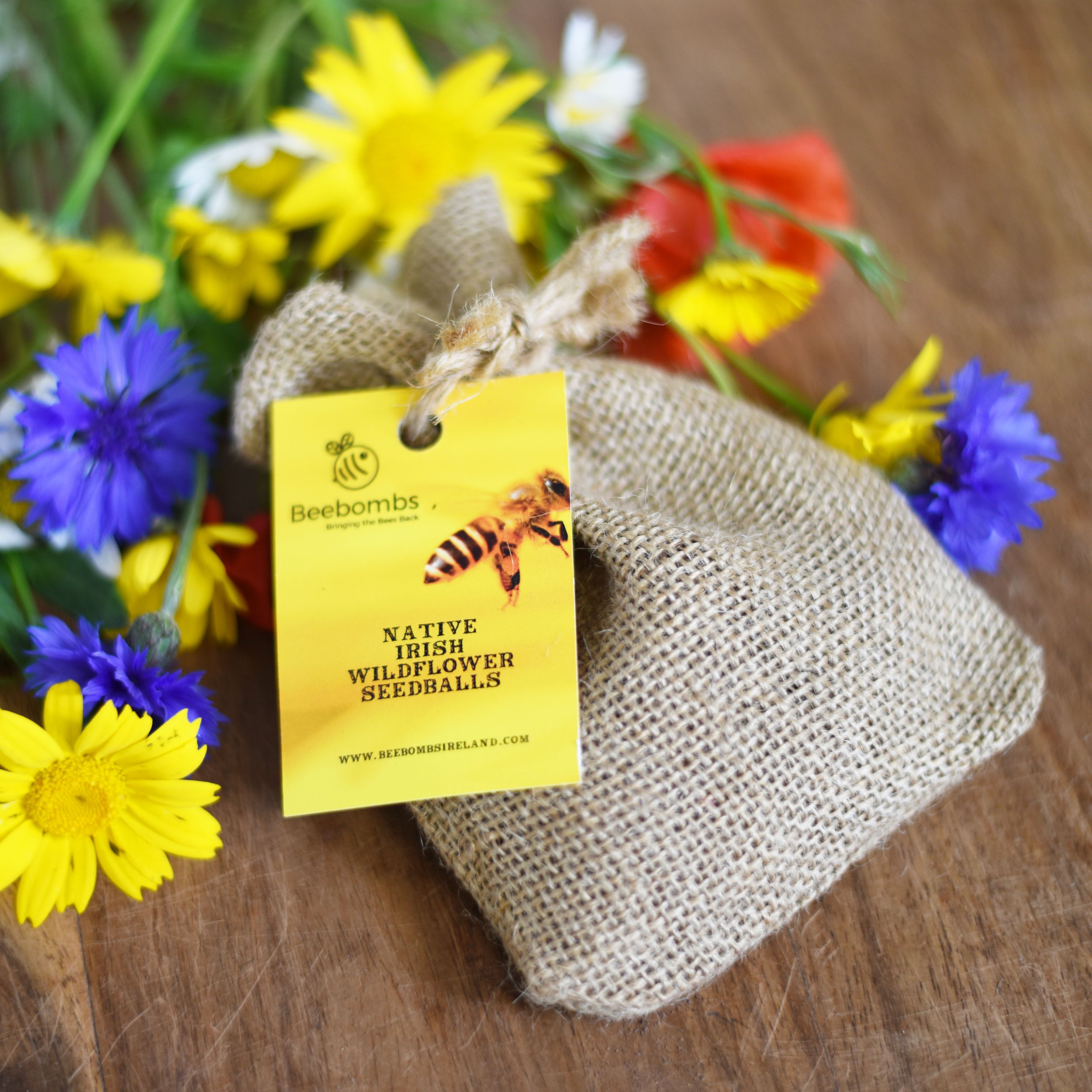The Impact of Climate Change on Bees in Ireland: A Growing Concern
How Climate Change is Affecting Bees in Ireland
Bees are vital to the health of Ireland’s natural ecosystems, pollinating crops and wild plants. However, climate change is now posing significant challenges to their survival. Extreme weather events, such as prolonged rains and heatwaves, are disrupting the natural cycles bees depend on for food and shelter. Here’s what you need to know about how climate change is affecting our pollinators and how you can help.
The Effects of Climate Change on Bees in Ireland:
Shifting Bloom Cycles Due to temperature changes, flowers are blooming earlier or later than usual, leading to "phenological mismatches." This means that bees may emerge when the flowers they rely on for food are no longer available. In Ireland, where certain plants are crucial to bees’ diets, these disruptions can have serious consequences.
Increased Rainfall and Storms Ireland has experienced more intense rainfall in recent years, which can:
Destroy the nests of ground-nesting bees.
Make it difficult for bees to forage as they cannot fly during heavy rain.
Dilute nectar in flowers, reducing the food quality available to bees.
Heat Stress and Resource Depletion While Ireland is not as prone to heatwaves as other countries, rising temperatures during the summer can stress bees, causing them to focus more on regulating the temperature of their hives rather than foraging for food. Prolonged heat can also dry up important water sources.
How to Help: Creating Wild Spaces in Ireland
One of the best ways to support bees in the face of climate change is by creating wild spaces with native Irish plants. These spaces can offer bees reliable sources of food and shelter, even during extreme weather events.
Why Native Irish Plants Matter:
Native plants are adapted to Ireland’s climate and soil conditions, making them a more reliable food source for bees than non-native species. They also contribute to the overall health of local ecosystems.
How to Create a Bee-Friendly Wild Space in Ireland:
Plant Native Flowers: Choose a variety of plants that bloom throughout the year, ensuring a continuous food supply for bees. Some excellent choices for Ireland include:
Cornflower (Centaurea cyanus)
Poppy (Papaver rhoeas)
Oxeye Daisy (Leucanthemum vulgare)
Meadow Clary (Salvia pratensis)
Red Clover (Trifolium pratense)
Let Your Lawn Grow: Allow parts of your garden to grow wild. This will encourage a range of plants to grow, supporting different bee species.
Avoid Pesticides: Pesticides can be harmful to bees, so using natural alternatives will help maintain a healthy habitat for them.
The Importance of Floral Diversity:
Providing a wide variety of plants helps ensure bees have access to nectar and pollen year-round. Late-blooming plants like ivy (Hedera helix) and heather (Calluna vulgaris) are particularly important as they provide food when other plants have stopped flowering.
Conclusion
As climate change continues to alter Ireland’s environment, bees face significant challenges. By creating wild spaces with native Irish flowers, we can offer bees the food and shelter they need to survive. Small actions, such as planting a wildflower garden or avoiding pesticides, can make a big difference in supporting our pollinators and preserving Ireland’s biodiversity.
Call to Action:
Take part in the movement to support Irish bees by planting native wildflowers and creating bee-friendly spaces in your garden. Together, we can help protect Ireland’s bees and ensure a thriving ecosystem for future generations.





